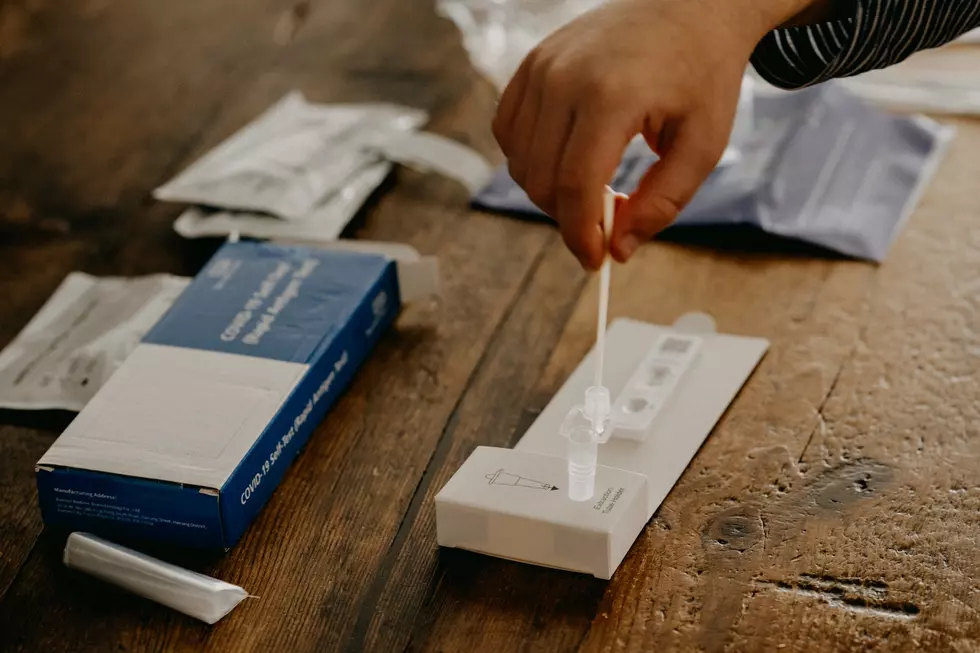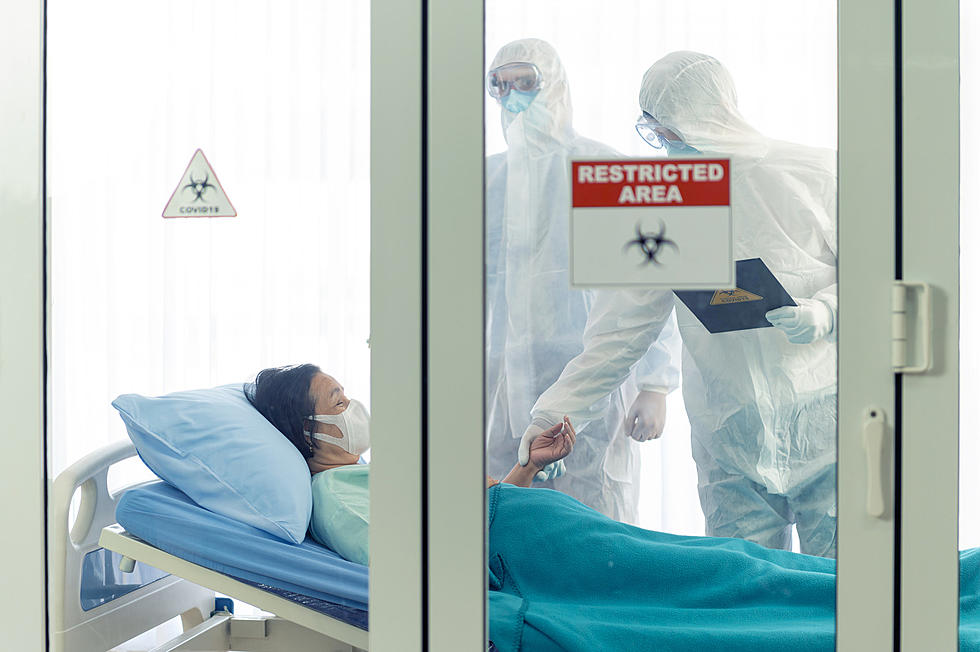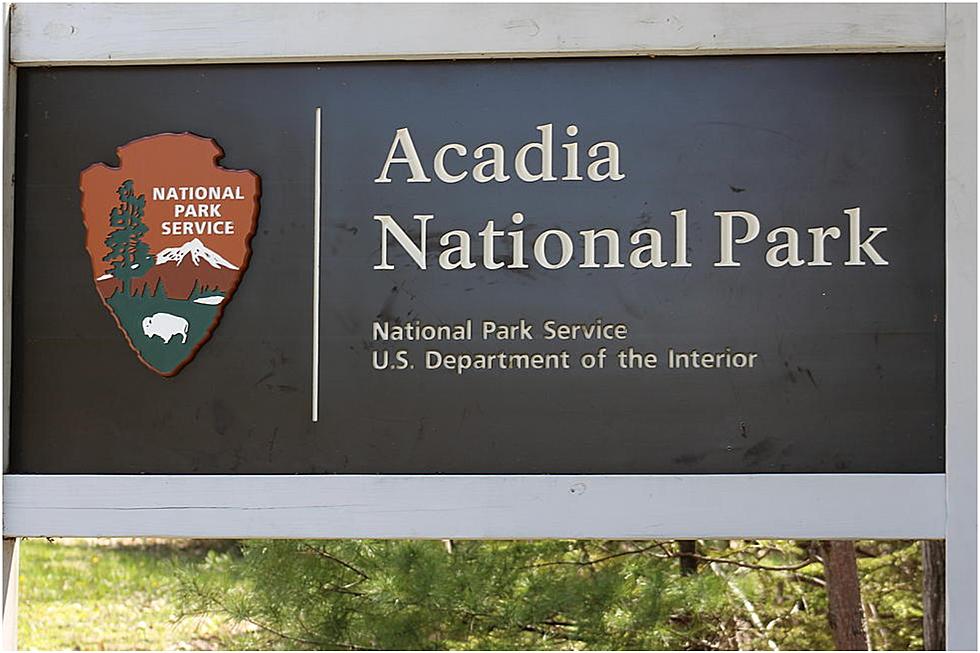
As COVID Surges, Gov Mills Orders Maine National Guard to Help
Governor Janet Mills has activated the Maine National Guard to help hospitals that are nearing capacity for COVID patients.
Why is she activating them now?
The decision comes as hospitals across New England are struggling to care for all the COVID patients, during a sustained surge in the spread of the virus. In addition to activating the Maine National Guard, she has requested Federal COVID-19 Response Teams from the Biden Administration to supplement hospital staff and the military.
As of Wednesday, the Mills' Administration reports a record high 379 people are hospitalized with COVID-19 in Maine, including 177 in critical care, and 60 on ventilators. There are currently 42 available intensive care unit (ICU) beds across the state, which could be occupied quickly with the rapid spread of the Delta variant. Governor Mills says the majority of people being hospitalized by the virus are not fully vaccinated.
What will the Maine National Guard Soldiers be doing to aid healthcare workers?
According to the Governor's directive, up to 75 Maine National Guard soldiers will aid healthcare workers in a variety of non-clinical ways.
- They will provide support to nursing facilities and swing bed units that accept patients discharged from hospitals that are experiencing critical care capacity challenges. Keeping these facilities running efficiently will help hospitals avoid bottlenecks, and to provide inpatient care for more people with COVID-19, while ensuring that healthcare is also available to patients with other serious health problems.
- They will also help administer monoclonal antibodies to prevent serious illness from COVID-19, helping to keep residents out of critical care, which will then help prevent overcrowding in ICU facilities.
How long will they be deployed?
National Guard units will deploy next week to locations around the state, which will be determined in the coming days, in collaboration with Maine's healthcare leaders. At this point, it appears the soldiers will be deployed through the end of January 2022. The length of their deployment could, obviously, be lengthened if the need continues to increase.
What kind of federal aid is Governor Mills asking for?
Governor Mills has also requested Federal COVID-19 Surge Response Teams on behalf of two Maine hospitals: Maine Medical Center in Portland and Central Maine Medical Center in Lewiston. That aid would fall under the Biden Administration's COVID-19 Winter Response Plan. If approved, teams of Federal clinicians, including doctors, nurses, and certified nursing assistants, will supplement Maine's existing staff and members of the Maine National Guard to provide care for COVID patients.
Vaccination is still the best defense against COVID-19, according to Governor Mills, who urges all residents to get their shots. It will not only protect them, but also the people around them. In addition, she urges Mainers to wear a mask when in indoor public settings or crowded outdoor settings.
From the Ice Storm of '98 to the COVID-19 pandemic, members of the Maine National Guard have always stepped up to serve our communities and our state, adapting to meet whatever challenges are in front of them. Today, in the midst of this sustained surge and with the potential for even more people to become sick and hospitalized, we are once again in need of their help.
There are nearly 3,000 men and women currently serving in the Maine National Guard's part-time military force. More than 100 Guard soldiers are already on orders supporting COVID-19 response efforts.
Answers to 25 common COVID-19 vaccine questions
10 Tips for Heating your Maine Home This Winter
More From WBZN Old Town Maine









